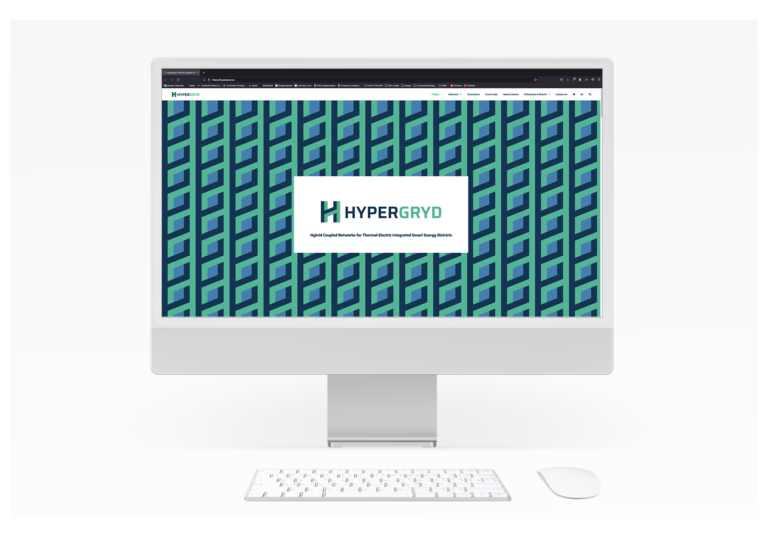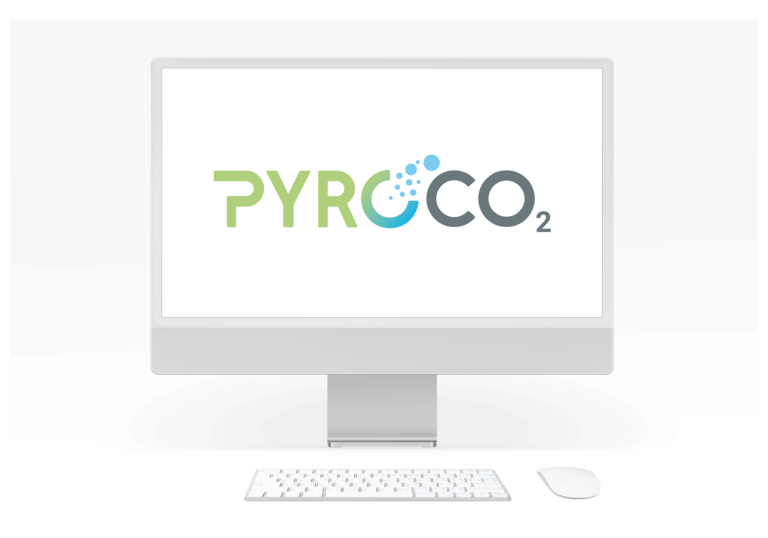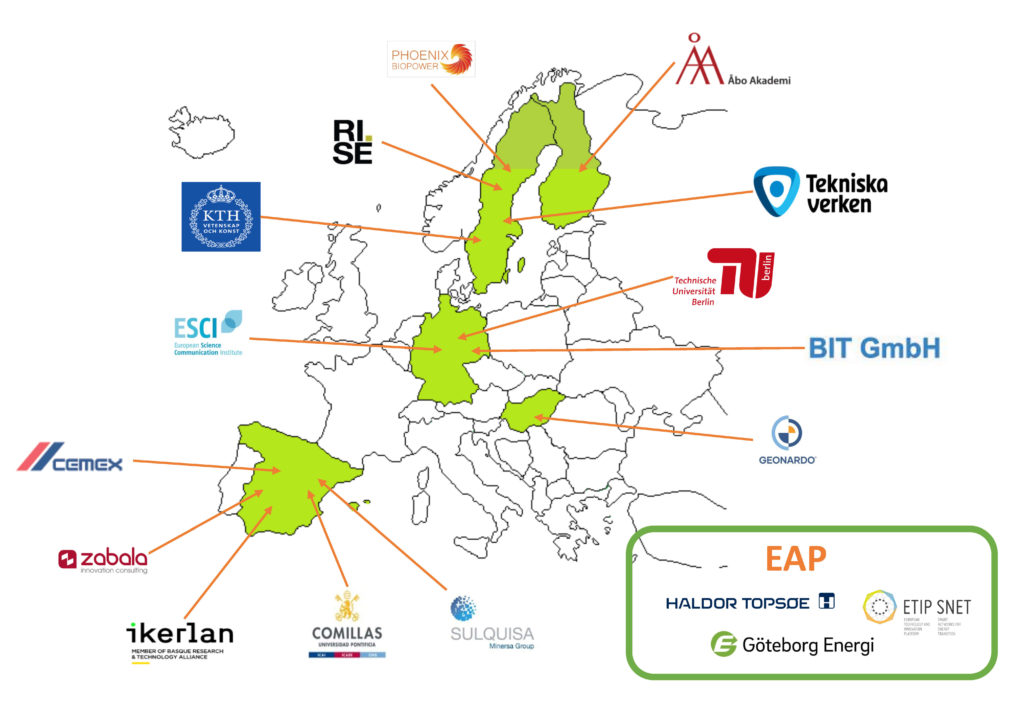Project
Bio-FlexGen is an acronym of the detailed project description: Highly-efficient and flexible integration of biomass and renewable hydrogen for low-cost combined heat and power generation to the energy system.
Bio-FlexGen is an EU-funded Research and Innovation Actions (RIA) project: H2020-LC-GD-2-1-2020
The Bio-FlexGen consortium consists of a balanced multidisciplinary team of 14 partners and 5 EU countries (Spain, Finland, Sweden, Germany, Hungary). It provides a multi-stakeholder approach and covers the whole value chain through a combination of scientific and technology developers (Research Centres and universities), technology providers (SMEs or large companies), case studies and stakeholders (chemical industry players, cement companies), experts in impact assessment, dissemination and policies (consultancies). The consortium has been strategically determined to address the topic objectives and requirements. Bio-FlexGen counts with:
Experts in the different project technological areas – RTD. Knowledge generators (RISE, TUB, KTH ABO AKADEMI) will address the research throughout the project regarding the gasification steps, BTC processes and CFD modelling among other fields.
Technology experts – Industry. (PHOENIX, BIT) Technology entities focusing on the development and deployment of BTC technologies.
System integrators. (RISE, COMILLAS) Expert partners who will help the consortium in setting out requirements and integrating the use cases for the work carried out in Bio-FlexGen.
Digital solutions experts. (IKERLAN) Technical partner developing tailored digital solutions for the energy sector.
Exploitation dissemination and policy experts. (ESCI, ZABALA, COMILLAS) Partners expert in stakeholder engagement, exploitation of deep-tech projects and energy related initiatives networking.
Stakeholders/end users. (TvAB, SULQUISA, CEMEX) supporting need identification and acting as validators for technology testing.
Sustainability assessment experts. (ZABALA, GEONARDO, COMILLAS, RISE) Assessment partners who will ensure the project makes the right impact and in the right way. They will also evaluate the environmental and social repercussion in the local communities.
Related projects

EUCANwin!
The EU-Canada research cooperation action EUCANwin! will develop a climate positive and cost-efficient biomass-to-biopower supply chain for forest-based biomass.
(click on the image to find out more)

SET4BIO
Discover SET4BIO which supports the full execution of the impementation Plan of Set Plan Action 8 - Bioenergy and Renewable Fuels for Sustainable Transport.
(click on the image to find out more)

HyperGryd
HYPERGRYD aims at developing a set of replicable and scalable cost effective, technical solutions to allow the integration of RES with different dispatchability and intrinsic variability inside Thermal Grids as well as their link with the electrical Grids, including the development of innovative key components, in parallel with innovative and integrated ICT services formed by a scalable suite of tools for the proper handling of the increased complexity of the systems from building to Local Energy Community (LEC) levels and beyond, accelerate the sustainable transformation, planning and modernization of District Heating and Cooling (DHC) toward 4th and 5th generation. HYPERGRYD also aims at developing real time management of both electrical and thermal energy flows in the coupled energy network complex, including the synergies between them.

PYROCO2
PYROCO2 will demonstrate the scalability and economic viability of carbon capture and utilisation (CCU) using the innovative PYROCO2 bioprocess.
The aim is to produce climate-positive acetone out of industrial CO2 and renewable electricity derived hydrogen, as a platform for manufacturing chemicals and materials with a negative carbon footprint.
The demonstrator plant to be built in the project will have a capacity of using 10,000 tonnes per year of industrial CO2 as a raw material, equivalent to the annual CO2 emissions of 2,200 conventional cars. The PYROCO2 team aims for broad market uptake of its innovative technologies for emissions savings of 17 Mt CO2eq by 2050.
The PYROCO2 project addresses the Green Deal call topic LC-GD-3-1-2020 – Closing the industrial carbon cycle to combat climate change – Industrial feasibility of catalytic routes for sustainable alternatives to fossil resources and has received funding from the European Union’s Horizon 2020 research and innovation programme under grant agreement No 101037009.
PYROCO2’s largely industry-driven consortium of 20 partners coordinated by SINTEF. It involves seven large enterprises (ARKEMA, FIR, SCG, JM, NEXTCHEM, CTECH), five SMEs (SC, BPT, RANIDO, HIP, ECOIN), four academic partners (CTH, DTU, Univ. Lyon1/IRCELYON/CNRS, KIT), three RTOs (SINTEF, NORCE, NORNER), one Public-Private Cluster (AXELERA), and a regional authority partner (VTC).
